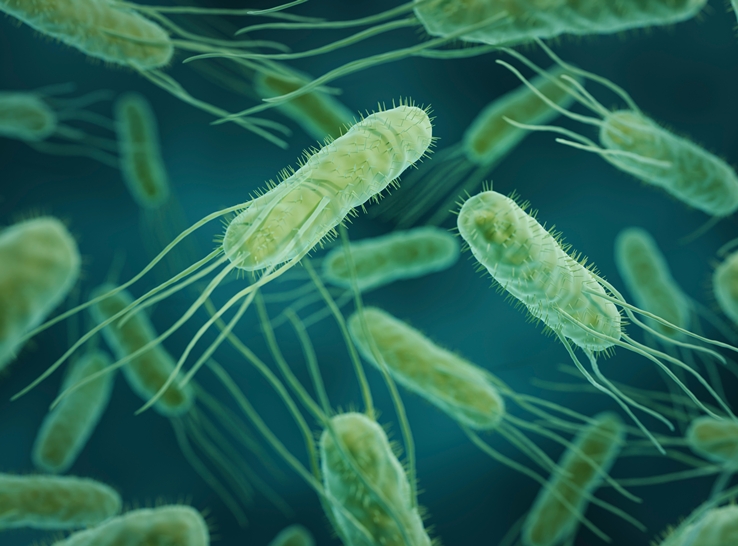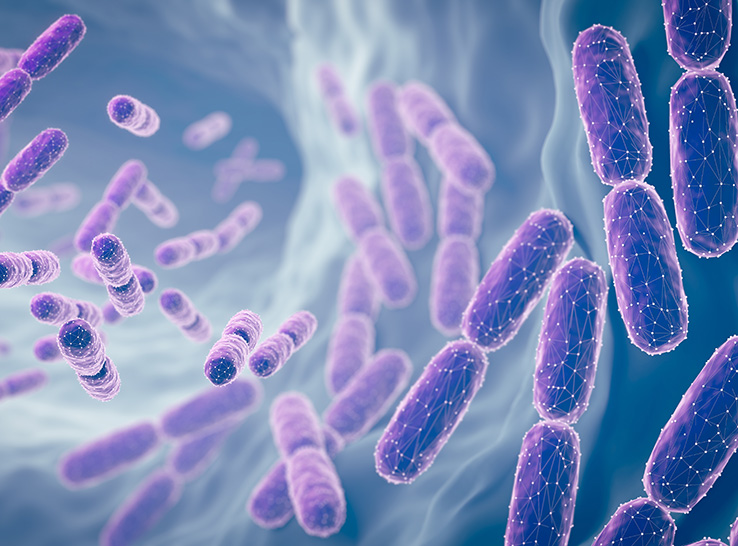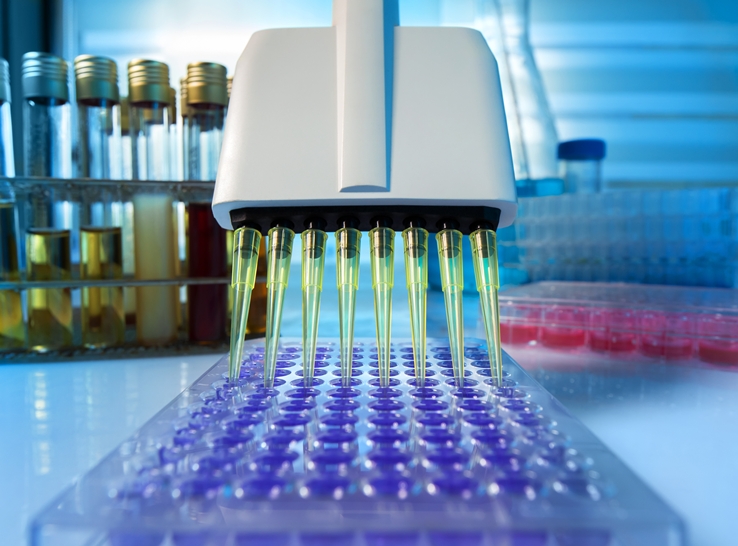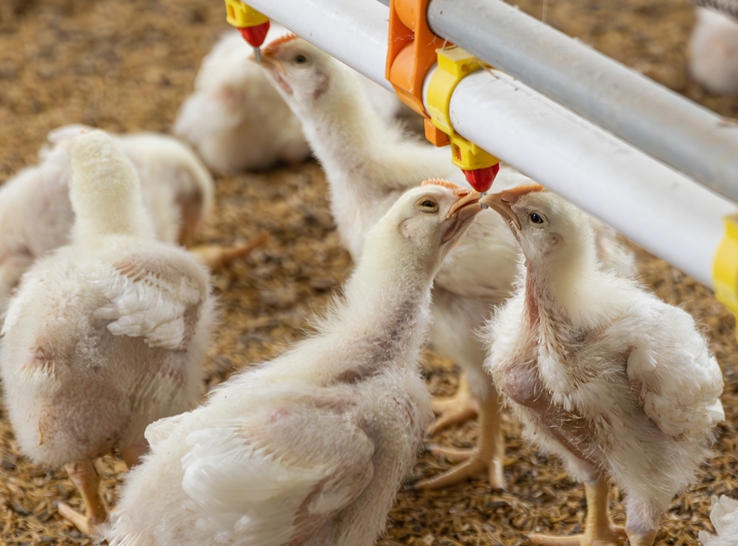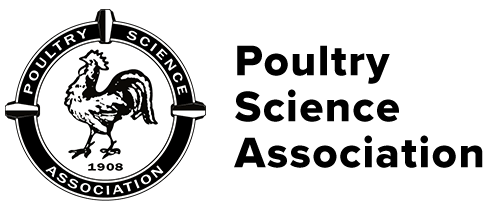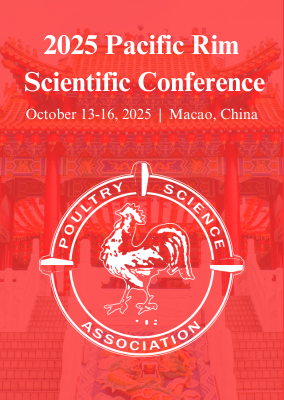Avian coccidiosis, one of the most prevalent infections of chickens globally, remains a main obstacle to the development of poultry industries in developing agricultural nations.
The two main approaches to managing Eimeria protozoa infections in commercial chicken production are anticoccidial drug administration and immunization with coccidial vaccines.
Additionally, nutritional additives such as prebiotics and probiotics have been developed to help maintain a healthy intestinal tract as a complementary technique to vaccination to prevent or reduce any potential side effects of vaccination. These additives also help prevent the entry of potentially harmful secondary pathogens.
A research group in Egypt and Saudi Arabia conducted a trial to determine the impact of prebiotics and probiotic supplementation on performance, intestinal health and vaccine effectiveness in coccidia-vaccinated chickens.
Their results, suggesting that prebiotic and probiotic supplementation reduced intestinal damage but did not alter vaccine effectiveness or improve vaccine-induced declines in growth performance, were published in a recent issue of Poultry Science.
Study details
The researchers randomly divided 150 one-day-old chicks into five groups with three replicates per group:
- Negative control (unvaccinated, untreated and unchallenged)
- Challenged control (unvaccinated, untreated and challenged)
- Vaccinated control (vaccinated, untreated and challenged)
- V-PRO (vaccinated, probiotic-treated and challenged)
- V-PRE (vaccinated, prebiotic-treated and challenged)
Vaccination groups received eye drops of the live vaccine on the first day of life. From 1 to 18 days of age, the researchers administered probiotics and prebiotics via drinking water to those respective groups.
On day 21, they administered a 25-fold dose of the vaccine via crop gavage to challenge all birds except the negative control group.
Post-vaccination findings
In the post-vaccination period, vaccinated control and V-PRO groups had lower weight gains than negative controls and V-PRE groups. There were no differences in feed intake, and feed-conversion ratios did not differ between groups for the 3-week post-vaccination period.
Additionally, the V-PRE group had decreased average lesion scores compared to the unsupplemented, vaccinated control group. The V-PRE and V-PRO groups had similar lesion scores at different intestinal regions.
At day 21 post-vaccination, the V-PRE and V-PRO groups showed non-significant changes in ileal bacterial counts compared to either the negative control group or the vaccinated control group.
Also on day 21 post-vaccination, the growth performance of the vaccinated control group was adversely affected, which may have been due to a decrease in plasma carotenoid levels, an imbalance of intestinal flora and an increase in gross lesion scores.
Post-challenge results
Post-challenge, the V-PRE and V-PRO groups continued to exhibit protection levels comparable to the vaccinated controls. In the 2 weeks post-challenge, the three vaccinated groups had improved performance and reduced oocyst shedding and lesion scores compared to challenged controls.
Additive-supplemented birds demonstrated reduced oocyst excretion post-challenge, with the V-PRO group having the lowest numerical excretion post-challenge compared with the challenged control group. This finding in the V-PRO group was statistically similar to the other two vaccinated groups.
The researchers concluded that giving additional probiotics or prebiotics to coccidia-vaccinated chickens during the first 18 days of life reduced the amount of intestinal damage and altered the cecal microbiota during the starter phase but did not enhance growth performance or profitability.
“We recommend that additional research be conducted on using the additives as a feed supplement in place of drinking water, as well as at greater doses and longer administration times,” they said.
The full paper, “The anticoccidial effects of probiotics and prebiotics on the live coccidia vaccine and the subsequent influence on poultry performance post-challenge with mixed Eimeria species,” can be found in Poultry Science and online here.
Editor’s note: Content on Modern Poultry’s Industry Insights pages is provided and/or commissioned by our sponsors, who assume full responsibility for its accuracy and compliance.

